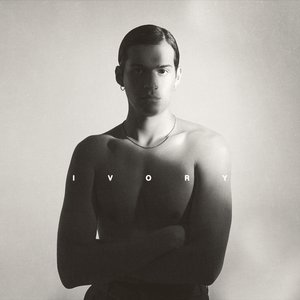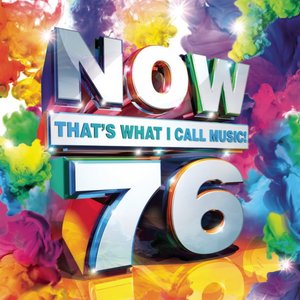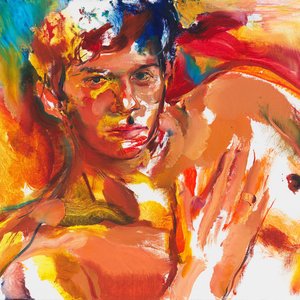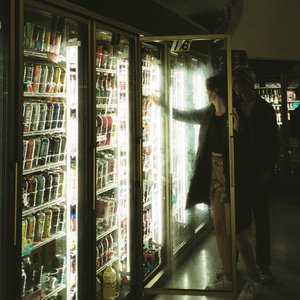Wiki
-
Length
7:03
"Hunter" explores themes of self-discovery, adaptability, and embracing change. It encourages listeners to step out of their comfort zones, confront their fears, and embrace the ever-changing nature of life.
Ryan’s lyricism shines throughout this song, with verses and the choruses littered with metaphors. The song delves into themes of self-reflection, escapism, and embracing change. The lyrics paint various images and metaphors to convey these ideas.
In the first verse, the "hunter" symbolizes someone or something that entices the narrator to venture away from their comfort zone. The mention of frost-covered meadows and coats in cardinal red suggests a cold and unfamiliar environment. Swallowing the beer represents the narrator's willingness to go along with this new experience. The line "All this time that I've been living in my head" implies that the narrator has been trapped in their own thoughts and is now beginning to break free and explore the world outside.
The refrain emphasizes the cyclical nature of life. Every road leads back to where one started, every sunrise follows darkness, and every mountain has its peak. It suggests that change is inevitable and that one must embrace the ebb and flow of life.
In the second verse, the horse in the stable symbolizes the narrator's desire for stability and security, but the rain, thunder, and lightning frighten it away. This could represent the challenges and uncertainties that often accompany personal growth and change. The line "I've adapted to run when it gets tough, I disappear" reveals the narrator's tendency to avoid confrontation or difficult situations, preferring to withdraw instead.
The refrain continues to highlight the natural cycles of life. Cedar trees fall, echoing the cardinal chorus, and every moving river has its turn. These images suggest that even the seemingly permanent aspects of life are subject to change and transformation.
The third verse introduces sandpaper pastures, which represent rough and uncomfortable experiences. The nightmare and dream imagery reflects the intertwined nature of the narrator's reality and the perspectives of others. The stars being a burden and the burning lights and curtains indicate a sense of upheaval or destruction. However, the mention of putting on someone else's movie when no one is around suggests a fleeting escape from one's own reality.
The refrain takes another turn, touching on the theme of perception. The line "Didn't shoot, but yeah you thought it, Kissing clay from Caleb's cartridge" implies that others may have mistaken the narrator's intentions or actions. The mention of wildflowers coming from dirt signifies the idea that beauty can emerge from difficult or challenging circumstances.
In the final verse, the narrator mentions the keys to a '73 Chevy truck, which symbolize freedom and the possibility of starting anew. Selling everything and bargaining with a wink implies a simultaneous detachment from material possessions and a playful approach to life. The mention of carnival phonies, clowns, and ponies pouring into town suggests the transient and unreliable nature of distractions or temporary forms of entertainment. The narrator expresses a desire to be away for a while and not be found, possibly indicating a need for solitude or a fresh start.
Track descriptions on Last.fm are editable by everyone. Feel free to contribute!
All user-contributed text on this page is available under the Creative Commons Attribution-ShareAlike License; additional terms may apply.





![Something To Give Each Other [Clean] [Clean]](https://lastfm.freetls.fastly.net/i/u/300x300/d8ebbbb2527712e94934fd107b251607.jpg)

![Blanket [Explicit]](https://lastfm.freetls.fastly.net/i/u/300x300/ae503d2b21461dc7d7e94fd50517893b.jpg)



